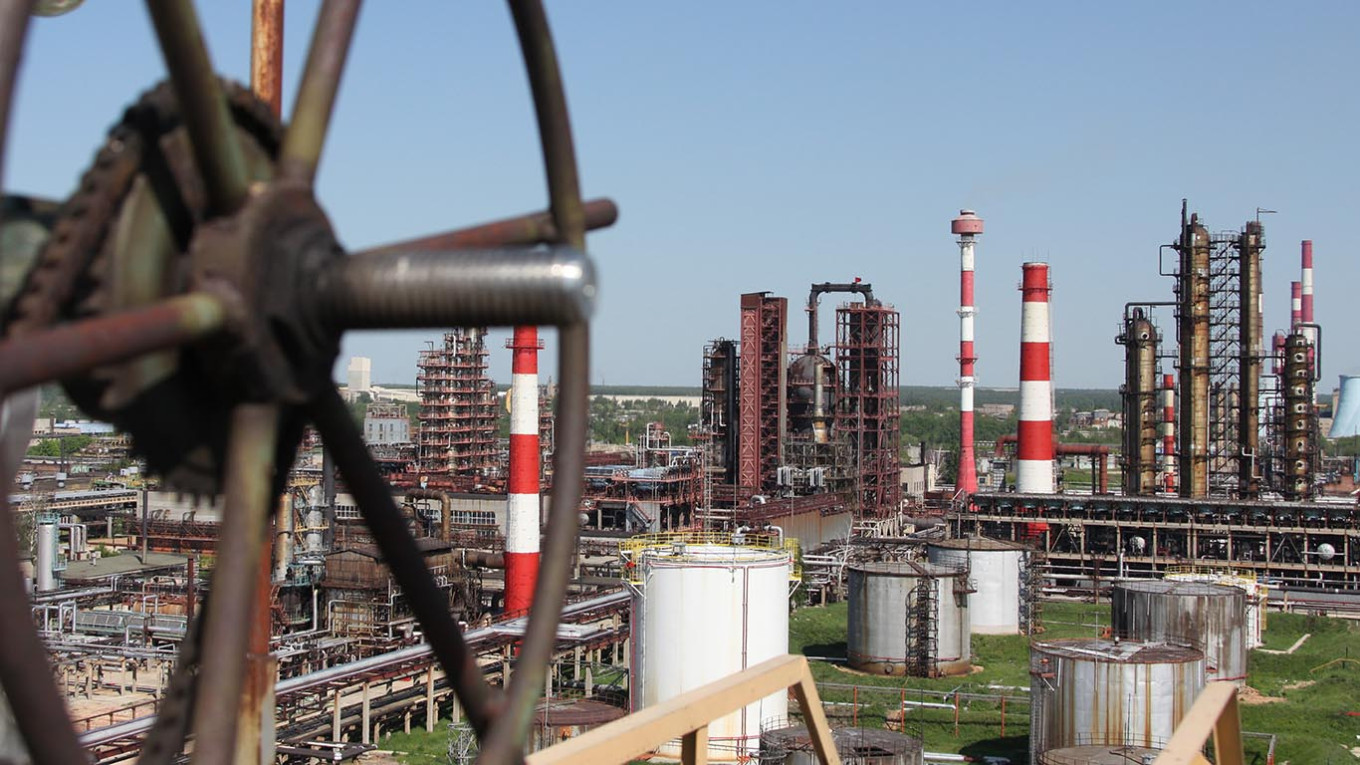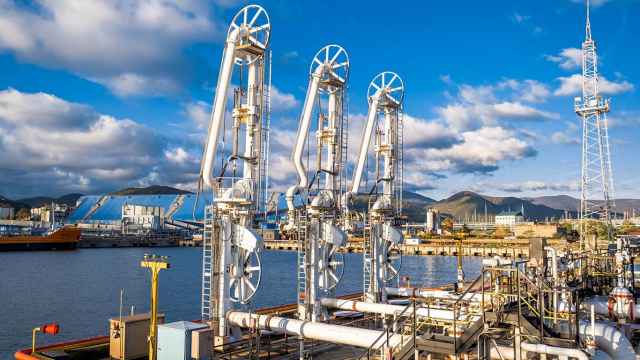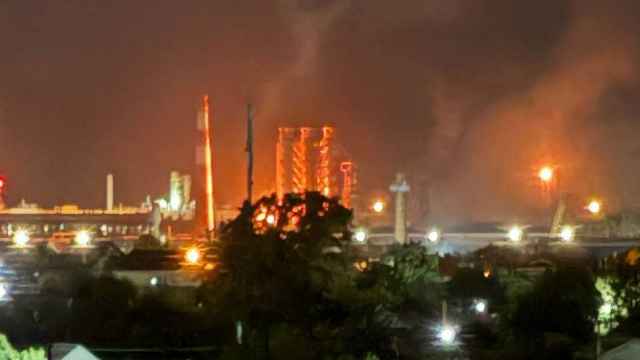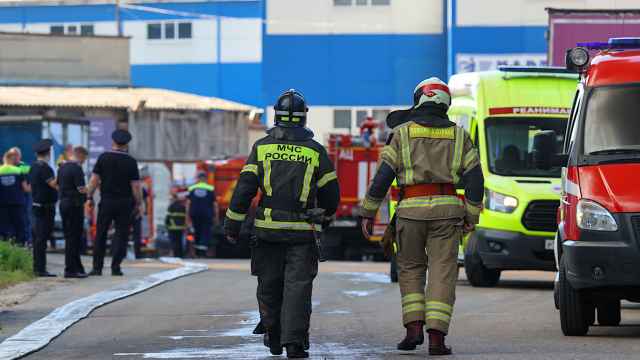Two of Rosneft’s largest oil refineries have been knocked offline following Ukrainian drone strikes last week, sidelining key infrastructure for at least a month and forcing Russia to ramp up crude exports through its western ports.
Repairs at the Ryazan Oil Refinery — Rosneft’s largest — and the Novokuybyshevsk Refinery are expected to take about a month, sources familiar with the matter told Reuters.
The Ryazan plant, which processes 13.7 million metric tons of crude annually and supplies fuel to the Moscow region, has halted roughly half of its fuel output due to damage to two of its three main refining units.
Meanwhile, the Novokuybyshevsk refinery, considered the most technologically advanced in Rosneft’s Samara group, has completely shut down its key atmospheric distillation unit (AVT-11). The plant’s total capacity is 8.3 million tons per year.
The attacks could result in a loss of up to 8% of Russia’s refining output, based on estimates by Reuters, which reported the country processed 267 million tons of crude in 2024.
With refining capacity curtailed, Rosneft is now left with a surplus of crude oil.
The company will increase exports via western seaports to 2 million barrels per day in August, up from a previously planned 1.77 million barrels, sources told Reuters earlier this week.
In an effort to stabilize domestic fuel supplies, Russia’s Energy Ministry said Friday that lost gasoline production will be offset in the coming days.
The ministry said emergency measures are underway, including the deployment of backup primary and secondary refining units and increasing throughput at other facilities across the country.
Energy Minister Sergei Tsivilyov has previously acknowledged that delays in returning refineries to service are being exacerbated by Western sanctions.
A Message from The Moscow Times:
Dear readers,
We are facing unprecedented challenges. Russia's Prosecutor General's Office has designated The Moscow Times as an "undesirable" organization, criminalizing our work and putting our staff at risk of prosecution. This follows our earlier unjust labeling as a "foreign agent."
These actions are direct attempts to silence independent journalism in Russia. The authorities claim our work "discredits the decisions of the Russian leadership." We see things differently: we strive to provide accurate, unbiased reporting on Russia.
We, the journalists of The Moscow Times, refuse to be silenced. But to continue our work, we need your help.
Your support, no matter how small, makes a world of difference. If you can, please support us monthly starting from just $2. It's quick to set up, and every contribution makes a significant impact.
By supporting The Moscow Times, you're defending open, independent journalism in the face of repression. Thank you for standing with us.
Remind me later.






